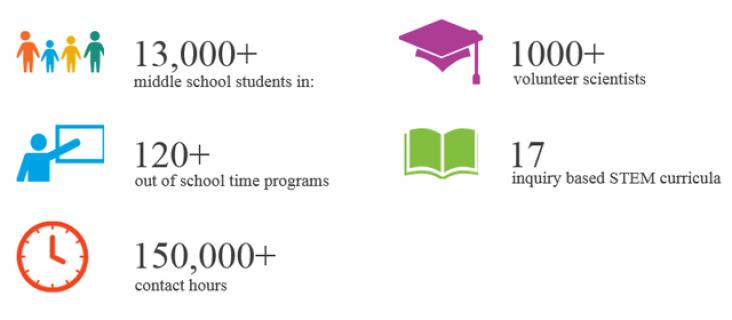The Business and Sustainable Development Commission’s Report identifies the major market opportunities opened up by delivering the SDGs, and the importance of sustainable finance and renewing the social contract. It sets out the key actions for government, business and civil society. Partnerships forged by business are integral to the success of all SDGs and in particular SDG 17.
The Business and Sustainable Development Commission’s Africa Focus Report identifies the major market opportunities Africa, where sustainable business models could open up an economic prize of at least US$1.1 trillion and create over 85 million new jobs by 2030. Partnerships forged by business are integral to the success of all SDGs and in particular SDG 17.
The Business and Sustainable Development Commission’s Asia Focus Report identifies the major market opportunities for sustainable businesses in Asian markets, estimated to be worth US $5 trillion. Key markets are food and agriculture, energy, cities and health – delivering not only benefit to business but to the communities they serve. Partnerships forged by business are integral to the success of all SDGs and in particular SDG 17.
The Business and Sustainable Development Commission’s India Focus Report identifies the major market opportunities India, where sustainable business models could open up an economic prize of at least US$1 trillion in new market value. The report recommends expanded use of blended finance instruments, merging public and private funding which could be the single most important factor in delivering the SDGs. Partnerships forged by business are integral to the success of all SDGs and in particular SDG 17.
The Global Opportunity Explorer is a UN Global Compact platform which showcases the most innovative solutions, market opportunities and cities.
Rooted in over five years of research involving 18,000 business leaders and 17 expert panels, the Explorer guides you through hundreds of sustainable solutions and market opportunities which address the SDGs (Sustainable Development Goals).
This report takes stock of the contribution of UN Global Compact business participants towards sustainable development. The report assesses progress in terms of how companies are taking action on the Ten Principles and the Sustainable Development Goals, and features ten interviews with disruptive business leaders. It also highlights ten focus areas for the future where further business engagement is needed.
The Blueprint for Business Leadership on the SDGs aims to inspire all business — regardless of size, sector or geography — to take leading action in support of the achievement of the Sustainable Development Goals (SDGs). It illustrates how the five leadership qualities of Ambition, Collaboration, Accountability, Consistency, and Intentional can be applied to a business' strategy, business model, products, supply chain, partnerships, and operations to raise the bar and create impact at scale. The Blueprint is a tool for any business that is ready to advance its principled approach to SDG action to become a leader. This chapter relates specifically to SDG 17.

Recognising the need to support STEM education, as part of its overall commitment to SDG4, the Elsevier Foundation has partnered with the New York Academy of Sciences' (NYAS)to expand its after-school mentoring in STEM programme. Inspiring more than 1,300 Middle School students each year, the After School Program trains graduate students and postdoctoral fellows to mentor 8 -14 year olds. Now with funding from the Elsevier Foundation, the prohgramme will be expanded to reach underserved children.
Partner content
United Nations UniversityUnited Nations University, New York, June 2016.
Contributing to SDGs 3 (Good Health and Well-being) and 17 (Partnerships for the Goals), this concept note explores an integrated approach for the international drug control regime.
UNGC Executive Director Lise Kingo discusses the ten principles and how companies can advance the 17 global goals.
